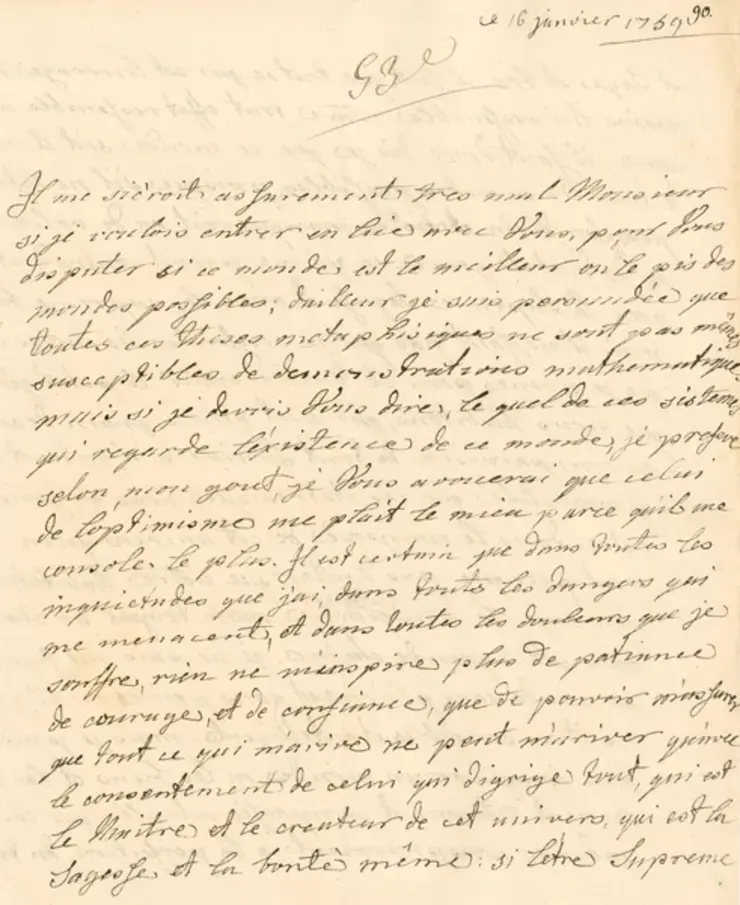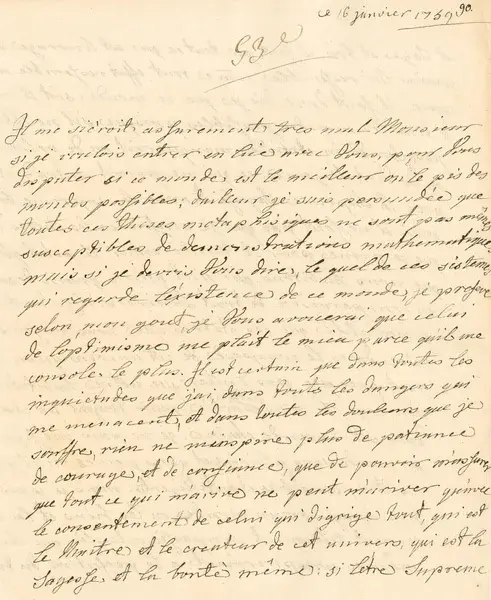Content, scope and history of the collection
In terms of collection history, the library underwent extensive development and rapid expansion from its foundation under Duke Ernest I (1601–1675) in the newly built Friedenstein Palace until the early 19th century. Initially, it served primarily as a princely library, but at the end of the 17th and especially in the 18th century, Duke Ernst's son Frederick I (1646–1691) and the librarian and theologian Ernst Salomon Cyprian (1673–1745), who worked there shortly afterwards, expanded it into a scholarly court library. The Reformation and Protestantism are as much a thematic focus of the manuscript collection as the universal claim expressed early on.
The library reached the hight of its expansion under the Dukes Ernest II (1745–1781) and August (1772–1882) of Saxe-Gotha-Altenburg. During their time, numerous precious manuscripts, as well as rare old prints and oriental manuscripts, were acquired or donated to the library. Ernest II made the library accessible to the public.
The universal collections include not only the Ducal library and the important ducal private libraries of the 18th and early 19th centuries, but also the Gotha Gymnasium Illustre (modern-day Gymnasium Ernestinum), which dates back to the book collection of the ducal Latin school library founded in 1596. The Ernestine dukes regarded books and libraries as repositories of knowledge and instruments of self-representation in association with their standing as knowledgeable trustees of Protestantism.
In addition to works by important theologians of the Reformation era and leading figures of Protestant scholarship, the early modern holdings also include the estate of Duke Bernhard of Saxe-Weimar (1604–1639) from the period of the Thirty Years' War as well as sources on the French Enlightenment, including the most complete copy of the “Correspondance littéraire” published by Friedrich Melchior Grimm (1723–1807) in Paris from 1753 to 1813 or the correspondence between Voltaire (1694–1778) and Duchess Luise Dorothea of Saxe-Gotha-Altenburg (1710–1767).
Courtly culture is illuminated, for example, by the theatre literature preserved in Gotha, including the collections of the actor and director of the Gotha Court Theatre Conrad Ekhof (1720–1778) or of Duchess Charlotte of Saxe-Gotha-Altenburg (1751–1827).
Manuscripts dealing with natural sciences, especially geosciences and astronomy, document further interesting facets of the knowledge available in Gotha at the time. Of special note are the versions of the “Schulmethodus” drafted in Gotha by the educationalist Andreas Reyher (1601–1673) as the first school regulations of the elementary school system independent of direct church influence.
Research and use
Use
Mediaeval manuscripts can be consulted in the special reading room by appointment.
Digitisation orders: order form for download




